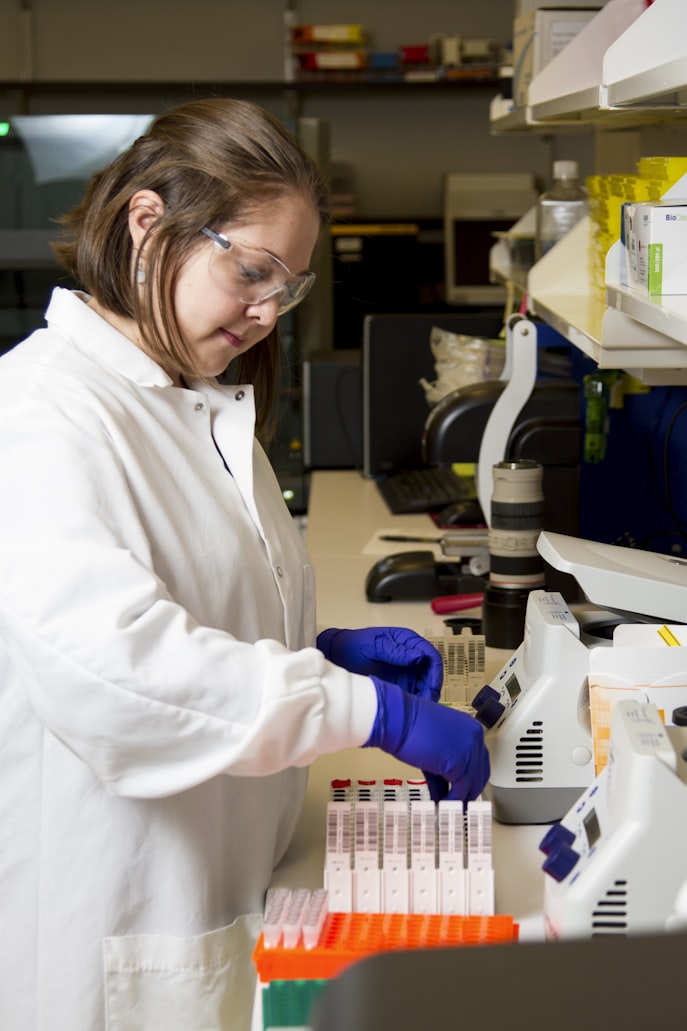Understanding the Role of Detecting Early Cancer
Early cancer diagnosis aims to identify symptomatic individuals as soon as possible to give them the best chance of a successful course of treatment. A reduced chance of survival, more treatment-related issues and higher cost of care are all consequences of delayed or inaccessible cancer therapy. By delivering care at the earliest possible stage, early diagnosis improves cancer outcomes, making it a crucial public health approach in all contexts.
Detecting
cancer is crucial, but the primary problem is spreading education and awareness
regarding their symptoms. Several organizations, such as AMASS –Friends of
Cancer Patients Association, ensure to educate people on detecting cancer as
soon as possible.
AMASS
Association Friends of Cancer Patients is a non-profit, volunteer-based organization
in Saudi Arabia that educates the public about the disease and the value of
early identification while offering emotional and psychological support to
cancer patients and their families. The group consists of volunteers who are
friends with cancer patients, a team of recovered cancer patients, experts, and
medical professionals in all relevant fields. Through the experience of
volunteers who have recovered from cancer, the group offers psychological
support and raises public awareness for people living with cancer.
The
organization and several others are working hard to spread awareness regarding
cancer symptoms and ensure they are detected as early as possible. Early-stage
cancer that hasn't spread and isn't too big is more likely to respond well to
treatment. Here are a few instances of how early cancer detection can make a
difference.
Early
Diagnosis of Bowel Cancer
If bowel
cancer is detected early, more than 90% of patients have a 5-year or longer
survival rate.
A program
for bowel screening is available for those who don't have any symptoms. If you
see something unusual for you, you don't need to wait for your screening
invitation.
Early
Diagnosis of Breast Cancer
Nearly all
women with breast cancer who receive an early diagnosis live at least five
years after diagnosis.
Worldwide,
there are programs for breast screening. You don't have to wait for your
screening invitation if you've seen something unexpected. Speak with your
doctor, and take control.
Early
Diagnosis of Ovarian Cancer
When ovarian
cancer is detected early on, more than 90% of affected women live at least five
years after diagnosis. When ovarian cancer is found to be in its most advanced
stages, this rate drops to a little over 1 in 10 women.
Early
diagnosis of Lung Cancer
If lung
cancer is detected early on, about 90% of patients will live with the condition
for at least a year. When lung cancer is found to be in its most advanced
stage, this number drops to about 1 in 5 people.
Early
Diagnosis of Colon and Rectal Cancer
As to the
recommendations of The American Cancer Society and National Cancer Institute,
starting at 50, both men and women should undergo a sigmoidoscopy or
colonoscopy to screen for colon and rectal cancer at least every five to ten
years.


Comments